Report has it that the cost of servicing government debt in Nigeria is discouraging foreign investors from investing their money in the country.
Apparently, many investors are still willing to lend to the country despite the signs that their money might not be put into productive use.
Is Nigeria’s finance sector sustainable enough? Although there has been a worrying question among analyst over the proceeds of bond sales in Nigeria. This has led to questions over the sustainability of the country’s public finance sector.
According to Andrew Roche, Managing Partner at Paris-based financial consulting firm Finexem, Nigeria has borrowed quite a lot, with very little evidence as to where the money was spent.
He also expressed his worry over the Government using borrowed funds to patch up holes in budgets rather than investing in infrastructure or industry, as part of efforts to diversify the economy from a heavy dependence on oil.
He continued that Nigeria has been among the big beneficiaries of a global hunt for yield. The country sold its sixth Eurobond last November, raising $2.9bn in maturities of 7, 12, and 30 years in an issue that was more than three times oversubscribed.
On April 25, the Government raised N100 billion ($326m at the official rate) in an auction that included a debut 30-year local currency bond that was four times oversubscribed.
Roche said some investors might have overlooked some worrying metrics.
Nigeria’s debt is still equal to 19% of gross domestic product in 2018: The minister of Finance, Zainab Ahmed, stated during a presentation to investors in Washington last month that even though Nigeria’s debt has risen in recent years, it still equalled to just 19 percent of gross domestic product in 2018.
According to her, it is well below the average for emerging markets of just under 50 percent of GDP, according to the Institute of International Finance.
But the same presentation showed that even though the amount spent on servicing Government debt had fallen, share of the Government’s gross revenue collection had risen to an alarming two-thirds of revenues retained by the Federal Government after it distributed funds to the states, as mandated by Nigeria’s federal system.
An analyst at S&P Global Ratings, Ravi Bhatia, said the problem was best understood the other way round.
“The issue is not so much that interest payments are high. The main problem is that federal revenues as a share of GDP are just very low. They are literally reliant on oil and little else.”
Indeed, IMF data showed that Nigeria’s general government revenues were equal to just 5.7 percent of GDP last year, far below the average of 22 percent of GDP for the other 44 sub-Saharan countries for which the IMF collects data.
In its latest report on Nigeria published last month, the IMF also emphasised the need for “revenue-based consolidation” to lower the ratio of interest payments to revenue. The report went further to recommend that “non-oil revenue mobilisation” should be the top priority in “an urgent reform package.”

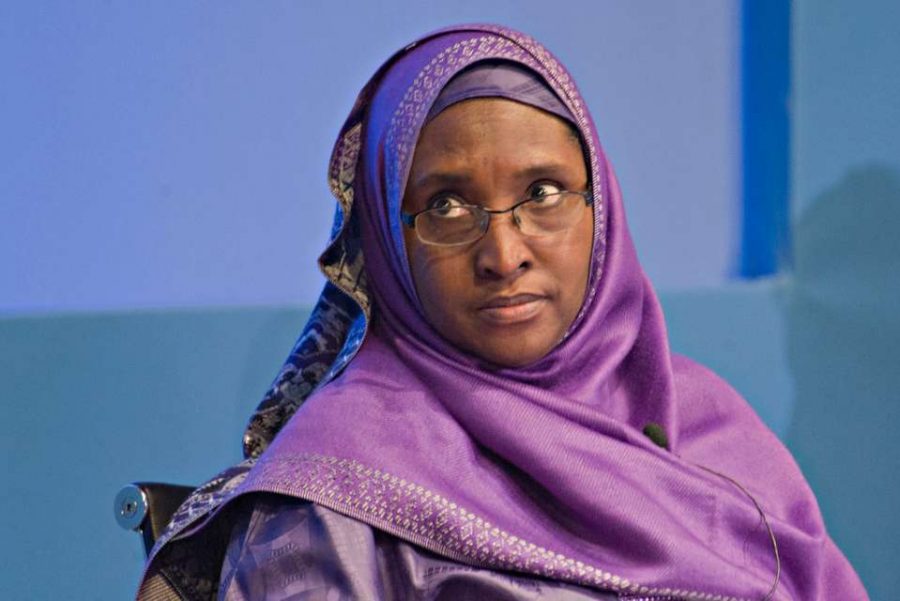





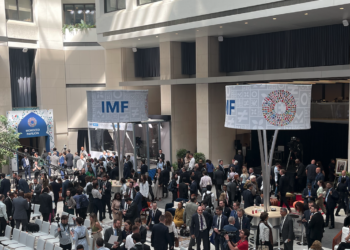
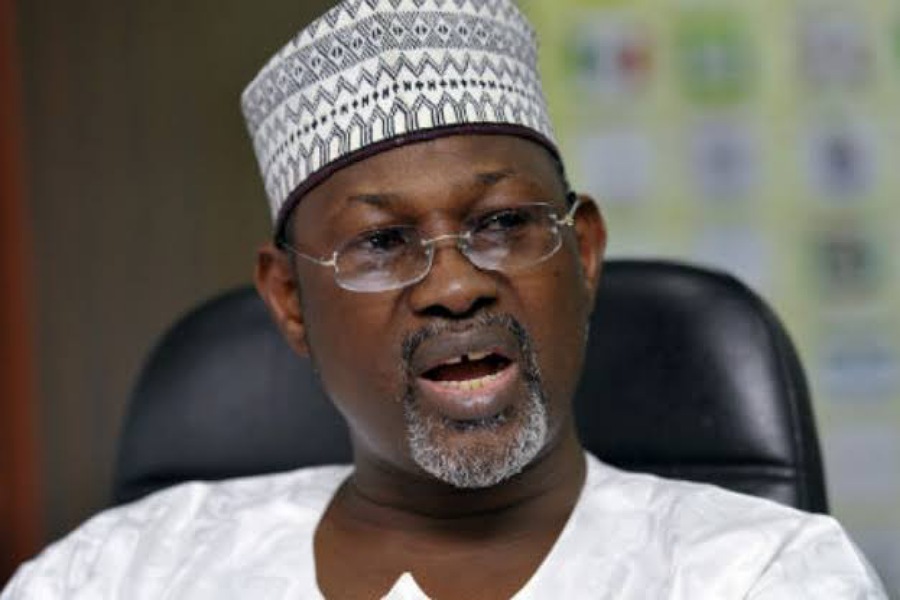
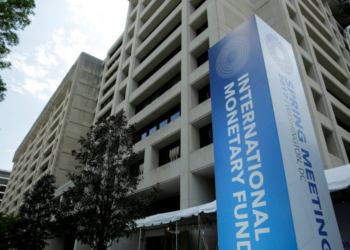
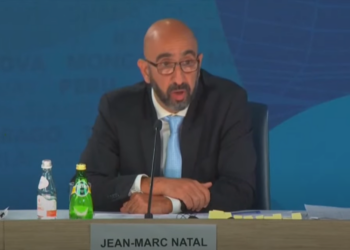


.gif)







I think your report is incomplete.this story first appeared in the british newspaper called financial times.in the same news,it said,the present govt wanted to increases VAT tax rates,but is meeting resistance,which I feels,they wants to do,it will involves all executive arm of the govt within the next 5 years as business confidences is being resumed,and I am also looking if the govt willed the abilities to pays taxes by everybody in some form,they have started with this stamp duties and this sin taxes
An egalitalian govt,the riches will pays more taxes,without, hurting their pocket, and the poor also paying some taxes.i.e with their abilities to pay